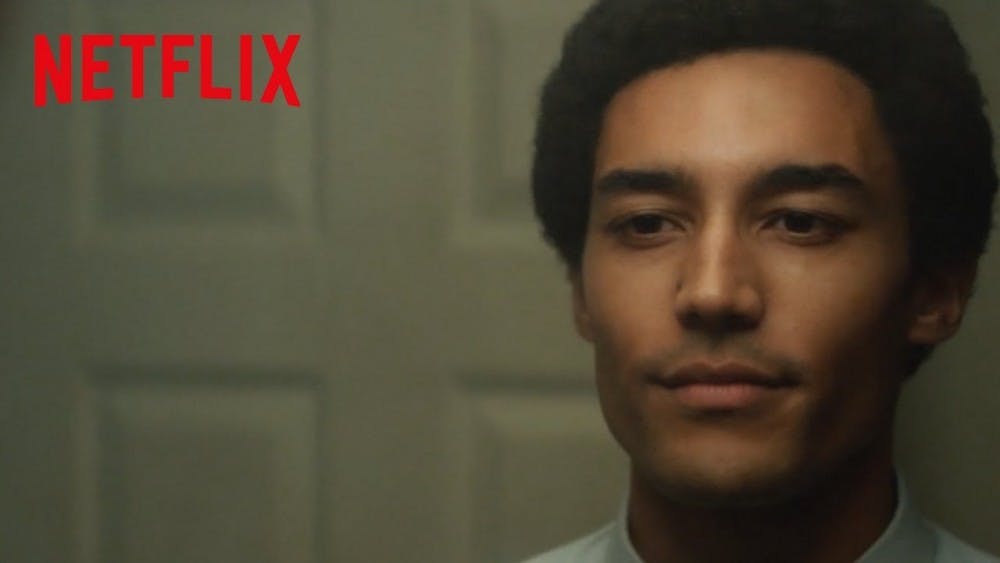As Jan. 20, the day of the inauguration, draws closer, it seems fitting to look back at the best media moments from Vice President Joe Biden, First Lady Michelle Obama, President Barack Obama and president-elect Donald Trump. But first, let’s begin with a quick look at the Netflix original film, “Barry.”
Released on Dec. 16, “Barry” — written by Adam Mansbach and directed by Vikram Gandhi — tells the tale of a young Barack Obama, as he’s introduced to the varying cultural complexities within Columbia University and New York City.
After watching the 104-minute fictional biopic, I have five takeaways:
1. Politics turn Barry on (I think).
In one scene, Barry (Devon Terrell) meets up with Charlotte (Anya Taylor-Joy), his new girlfriend, to watch political-centric news and indulge in Chinese food — I know, such a romantic date. Straying away from the television, the two jokingly discuss how change is brought about in the political world, where Charlotte describes Barry’s politics as “cute.” Next thing you know, a passionate make-out session begins and shirts are being taken off. It’s safe to say that politics, to some individuals, is the perfect aphrodisiac.
2. They slyly recreated a popular photo shoot from Obama’s college years.
In case you haven’t seen it before, there’s well-known photo shoot of Obama from his college years. In the photos, a young Barack can be seen wearing a dress shirt, at times rocking a wide-brimmed hat, and even holding (and smoking) a cigarette.
Although there are clear differences within the film’s adaptation of this moment (when the photo was taken, by whom and the location), it is a neat scene to include in the film (this scene has little importance — I just thought it was pretty cool).




